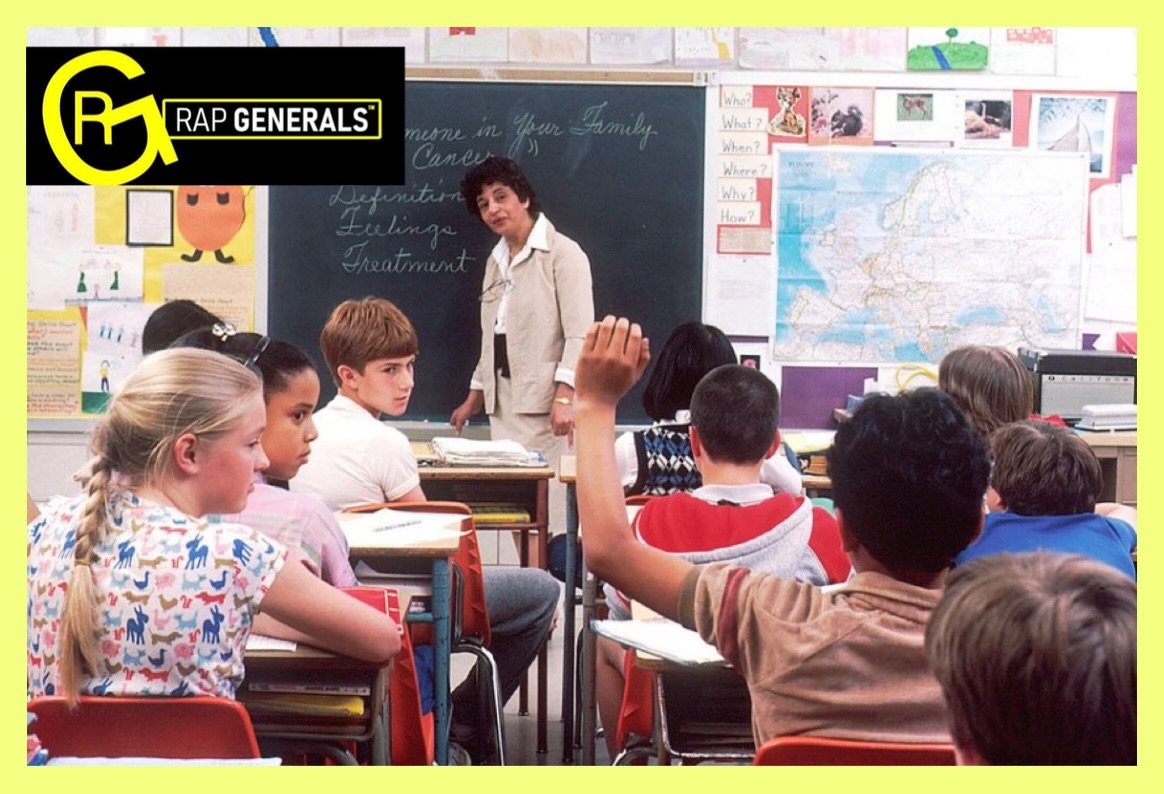In a bold move to incentivize education and boost student achievement, Ohio lawmakers have introduced a groundbreaking proposal that involves financial rewards for students who demonstrate consistent attendance and excel academically.
Under this initiative, students with an impressive attendance rate of 90% or higher will be eligible to receive $150 four times a year. This recurring reward aims to acknowledge and encourage students for their commitment to attending classes regularly.
At the culmination of the academic year, students maintaining the same attendance percentage range will be further rewarded with a substantial $500. This serves as a recognition of their sustained dedication to being present in the educational environment.
The proposal doesn't stop there—students who not only maintain high attendance but also achieve a commendable GPA will receive an additional boost to their finances. A remarkable $750 awaits those who meet the criteria for both attendance and academic excellence, providing a significant incentive for students to strive for success in and out of the classroom.
This innovative approach aligns with the idea that investing in education is an investment in the future. By tying financial incentives to attendance and academic performance, Ohio lawmakers hope to create a system that motivates students to take their education seriously while addressing potential barriers that may hinder consistent attendance.
Critics argue that education should be intrinsically motivated and that external rewards might not be a sustainable solution. However, proponents of the proposal believe that, especially in the face of various challenges students may encounter, offering tangible rewards can act as a catalyst for positive change in the educational landscape.
As Ohio explores this novel approach, it sparks a broader conversation about the role of incentives in education and how best to inspire students to engage actively in their learning journey. Only time will tell the impact of this initiative, but it undoubtedly adds an interesting dimension to the ongoing discourse surrounding education reform.









